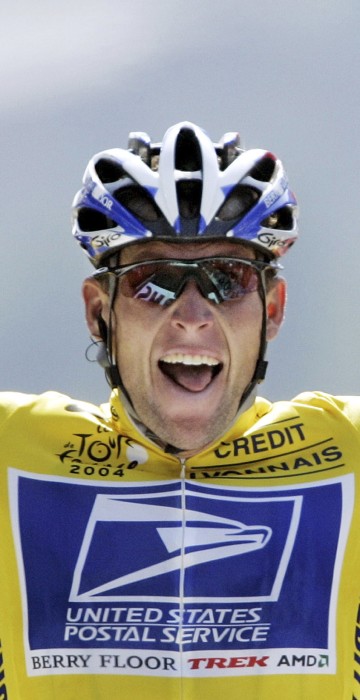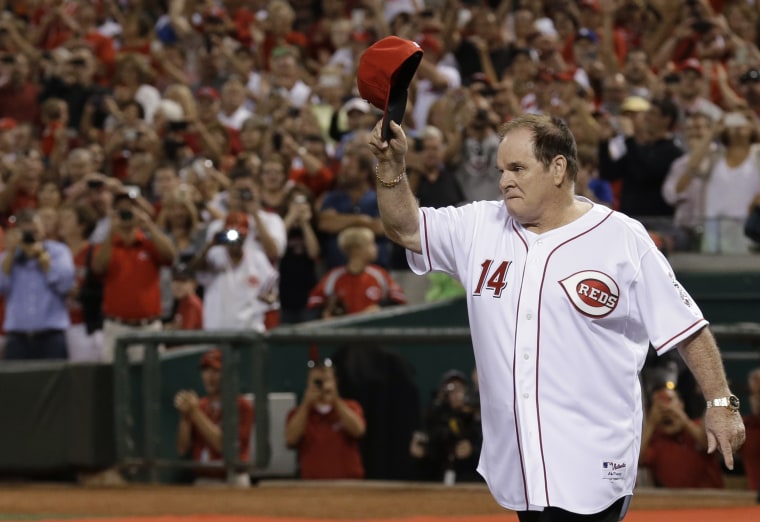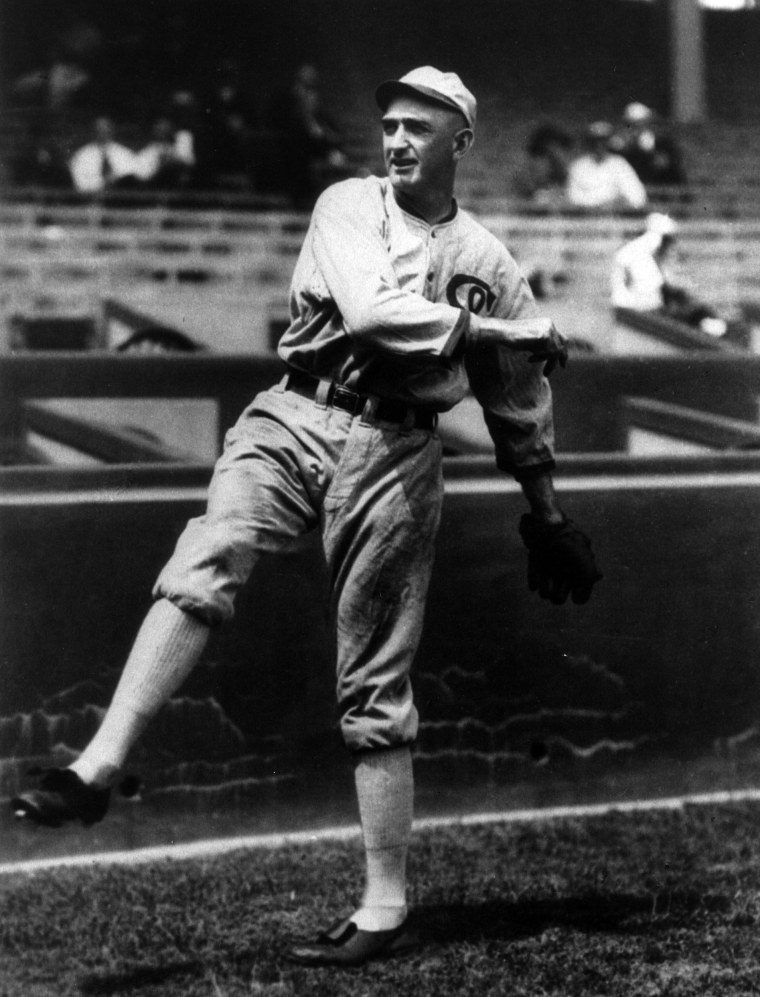
Sports
Banned for Life!: 12 Others Who Have Been Ousted from Their Sport
Los Angeles Clippers owner Donald Sterling is not the first person to be banned from a sport for life, and will likely not be the last.

PETE ROSE (BASEBALL)
Rose may be the second most famous lifetime ban in sports history. The Cincinnati native was ousted in 1989 after he was accused of betting on Reds games while serving as the team's manager. A three-time World Series winner (with one MVP) and 17-time all-star, Rose was also banned from ever being inducted into the Hall of Fame and is the only living member of the Hall’s ineligible list. He denied the gambling allegations for years until he published an autobiography, “My Prison Without Bars,” in 2004.

JOE JACKSON (BASEBALL)
“Shoeless” Joe Jackson is perhaps the most famous member of the infamous Chicago Black Sox, who were banned for life for fixing the 1919 baseball World Series. After testifying before a Cook County grand jury in 1920, a small boy reportedly tugged at Jackson’s sleeve and pleaded the immortal line, “Say it ain’t so Joe, say it ain’t so!” To which Jackson replied, “Yes, kid, I’m afraid it is.” “Well, I never would’ve thought it,” the boy said.

BEN JOHNSON (TRACK AND FIELD)
Ben Johnson was once hailed as the world’s fastest man, setting records while repping the Canadian flag in the mid to late 1980s, even though he was born in Jamaica. But three days after winning the 100m final at the 1988 Summer Olympics in Seoul, Korea, he tested positive for a banned substance. A few months later a previous world record he set in 1987 was also declared invalid. Johnson made a tepid comeback, but after failing another drug test in 1993, the International Association of Athletics Federations, which governs track and field, banned him for life.

TONYA HARDING (FIGURE SKATING)
Harding helped turn figure skating into a national obsession, but for all the wrong reasons. In January 1994 Harding's husband paid a “hitman” about $7,000 to literally whack rival Nancy Kerrigan on the knee. The move took Kerrigan out of the US Figure Skating Championships, but both women were selected for that year’s Olympics in Norway that February. Fully recovered, Kerrigan won a silver medal while Harding did no better than eighth place. After an investigation found Harding’s connection to the attack, by the summer of 1994 she was stripped of previous titles and banned for life by the U.S. Figure Skating Association. She has still participated in non-USFSA sanctioned professional figure skating events and, of course, celebrity boxing.

LANCE ARMSTRONG (CYCLING)
One of the biggest falls from grace, Lance Armstrong was hailed as a hero for surviving cancer and winning the Tour De France bike race an amazing seven consecutive times. After dodging doping rumors for years, they finally caught up to him in 2012 when the U.S. Anti-Doping Agency presented a trove of evidence against him. Technically Armstrong isn't just banned from cycling, but literally “any activity or competition organized by any signatory to the (USADA’s) code or any member of any signatory.”

JACK MOLINAS (BASKETBALL)
Molinas was one of the key figures in a point shaving scandal that crippled NCAA basketball in 1951. But the scandal didn’t catch up to him until 1954, when he was playing for the NBA’s Fort Wayne Pistons. When it was found that he bet on his own team, Columbia University (a powerhouse at the time), the NBA banned him for life. Twenty years later, Molinas, 43, was gunned down in an apparent mob hit over “several unpaid debts.”

STEVE HOWE (BASEBALL)
Howe spent 12 years in the majors as a pitcher for the Dodgers and the Yankees, with small stints in between with the Twins and the Rangers. In 1992 he was banned for life for substance abuse – mostly alcohol and cocaine. He was eventually reinstated after an appeal.

DEXTER MANLEY (FOOTBALL)
Once called the “Secretary of Defense” and known as a “functional illiterate” for most of his career, Washington Redskins end Dexter Manley could never fully tackle his drug problems. After testing positive for cocaine on at least four different occasions over the course of about 4 years, in 1991 he was permanently banned from the National Football league. He did manage to play a few more years in the Canadian Football League.

ART SCHLICHTER (FOOTBALL)
Called one of the biggest busts of all time, Ohio State quarterback Art Schlichter was picked fourth in the 1982 NFL draft, but then went on to a career filled with raging gambling problems. In 1983 he became the first player in 20 years to be suspended for betting on NFL games. After a 1987 arrest in New York City for involvement in an illegal sports betting operation, Commissioner Pete Rozelle refused to let him sign with another team. He was never reinstated and later filed for bankruptcy in 1988. He also played briefly for the CFL.

TARPLEY, WASHBURN, DREW (BASKETBALL)
The NBA has had several players permanently banned for substance abuse issues. In 1995, Roy Tarpley, received a lifetime ban from the NBA over alcohol and drugs, and later he sued the NBA and the Mavericks for not reinstating him. Chris Washburn of the Atlanta Hawks was banned in 1989 after his third substance-abuse relapse. In 1986, Atlanta Hawk John Drew, pictured above, was banned from the NBA for life after several violations of the league's substance-abuse policy due to cocaine addiction.